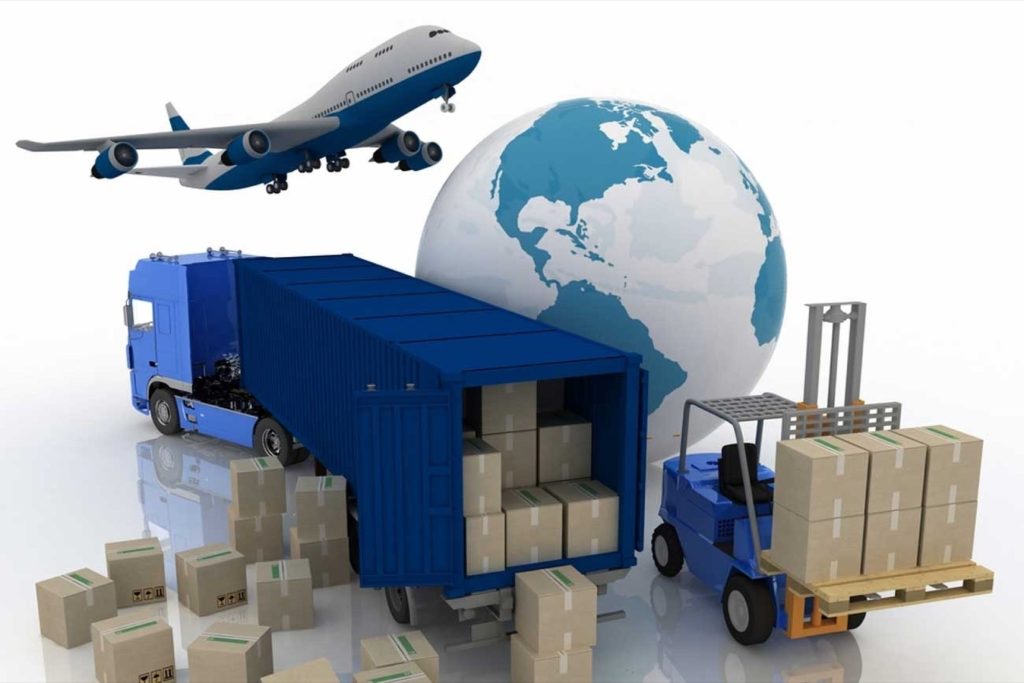In the ever-evolving landscape of global commerce, logistics plays a pivotal role in ensuring the seamless movement of goods and services. With the advent of cloud computing, the logistics industry has undergone a transformative revolution, leveraging technological advancements to enhance efficiency and streamline operations. Cloud computing solutions offer a myriad of benefits that cater to the dynamic needs of the logistics sector. One of the primary advantages of implementing cloud-based solutions in logistics is the optimization of data management. Traditionally, logistics operations were burdened with vast amounts of data related to inventory, shipping, and supply chain management. Cloud computing allows for centralized storage and real-time accessibility of this data, facilitating quick decision-making processes. With data stored in the cloud, logistics companies can easily analyze trends, forecast demand, and make informed strategic decisions to optimize their supply chain. Moreover, cloud computing enables collaboration and communication across the entire logistics network. Multiple stakeholders, including suppliers, manufacturers, and distributors, can seamlessly share information and coordinate activities through cloud-based platforms.

This enhanced collaboration leads to improved visibility and transparency within the supply chain, reducing the likelihood of errors and delays. Real-time communication fosters a more agile and responsive logistics ecosystem, allowing businesses to adapt swiftly to changing market demands. The scalability offered by cloud solutions is another key factor driving efficiency in logistics. With the ability to scale infrastructure and resources on-demand logistics companies can accommodate fluctuations in demand without the need for significant capital investments. This elasticity ensures that businesses can expand or contract their operations swiftly, optimizing resource utilization and reducing overall costs. Cloud-based logistics solutions provide a level of flexibility that is crucial in an industry characterized by dynamic market conditions and evolving enterprise logistics customer expectations. Furthermore, the integration of emerging technologies such as Internet of Things IoT and Artificial Intelligence AI with cloud computing enhances the overall efficiency of logistics operations.
IoT devices, such as sensors and RFID tags, can collect and transmit real-time data about the location, condition, and status of goods in transit. This data is then processed and analyzed in the cloud, enabling logistics companies to proactively manage inventory, monitor the condition of shipments, and optimize route planning. AI algorithms, powered by cloud computing resources, can predict demand patterns, optimize warehouse layouts, and enhance overall supply chain performance. In conclusion, cloud computing solutions have emerged as a game-changer in the field of logistics, offering a robust framework for increased efficiency and competitiveness. From data management and collaboration to scalability and integration of advanced technologies, the cloud empowers logistics companies to navigate the complexities of the modern supply chain landscape. As the industry continues to evolve, embracing cloud-based solutions is not just a technological choice but a strategic imperative for those seeking to thrive in the fast-paced world of global logistics.